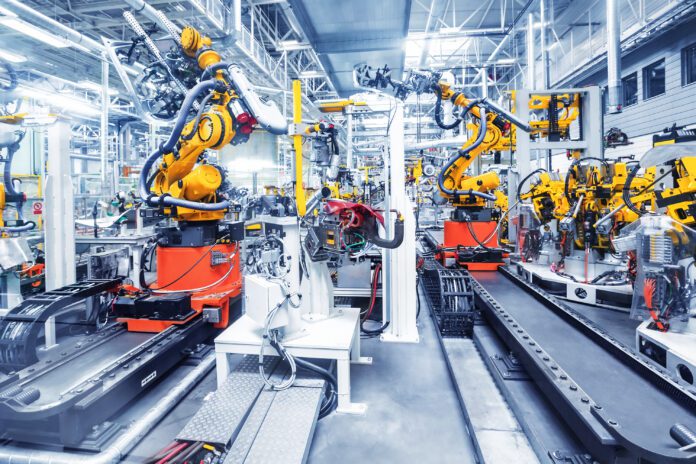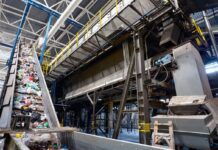
A recent report from SafetyCulture has highlighted the challenges facing Australia’s manufacturing sector, revealing that 70 per cent of manufacturing workers are concerned about future labour shortages.
This statistic is part of the Feedback from the Field report, which indicates that these shortages are affecting workers’ personal development and productivity, costing businesses approximately AUD 15.8 billion annually due to overall workforce dissatisfaction.
The report surveyed over 10,000 workers across Australia, the UK, the US, Germany, France, and Ireland, providing a comprehensive overview of the sentiments and challenges faced by frontline workers, including those in manufacturing, which employs around 5.4 million deskless workers nationally.
Manufacturing sector insights
The findings reveal a pervasive concern about a potential “brain drain,” with 71 per cent of manufacturing employees anticipating a loss of skilled and experienced workers in the future—well above the overall average of 62 per cent.
Moreover, 60 per cent of manufacturing workers reported that current labour shortages are impacting their personal development, highlighting a critical skills gap that could hinder the industry’s growth.
The disconnect between frontline workers and management is another key issue, with 47 per cent of manufacturing employees believing that greater transparency could improve their relationship with managers, compared to 41 per cent across all sectors.
Additionally, the report notes that 29 per cent of workers in manufacturing feel that knowledge is not effectively captured when colleagues leave or transition to other roles, surpassing the 24 per cent noted in other industries.
Overall worker dissatisfaction and its impact
Across all sectors, the report reveals that 76 per cent of Australian workers are dissatisfied with some aspect of their jobs.
Major factors contributing to this dissatisfaction include unreasonable expectations (37 per cent), slow issue resolution (36 per cent), and pressure to cut corners (33 per cent).
Workers who feel dissatisfied report a decrease in motivation (40 per cent) and productivity (31 per cent), leading to an estimated loss of 6.59 hours per month per worker.
This discontent translates into significant financial implications for Australian businesses, with a collective cost of approximately AUD 15.8 billion annually, dubbed the “Dissatisfaction Dollar.”
Management-frontline divide
The study highlights a concerning “them vs us” mentality between management and frontline employees, with 52 per cent of respondents acknowledging this divide.
Sam Byrnes, chief product officer at SafetyCulture, emphasised the need for management to address these challenges: “Frontline workers are telling us they feel unheard, overstretched, and compromised. This strained relationship is detrimental to workplace culture and optimal outputs.”
While 62 per cent of frontline employees believe that better pay and benefits could enhance workplace relationships, only 49 per cent of managers share this view.
Similarly, a significant gap exists in recognising the value of employee performance; 51 per cent of frontline workers believe that increased recognition would improve morale, but only 39 per cent of managers agree.
Impact of outdated tools on productivity
The report also identifies ineffective tools and IT systems as major hindrances to productivity, with 62 per cent of Australian workers expressing dissatisfaction with their current resources.
Many cite outdated systems and an overwhelming number of tools as sources of frustration.
The resulting inefficiencies lead to an estimated loss of 5.70 hours each month per worker, costing Australian businesses approximately AUD 13.7 billion annually.
Byrnes stated, “Workers are only as effective as their tools. Organisations must invest in solutions that empower frontline teams with the right knowledge and tools to improve productivity and safety.”
For further details and to download the full report, visit SafetyCulture.



















